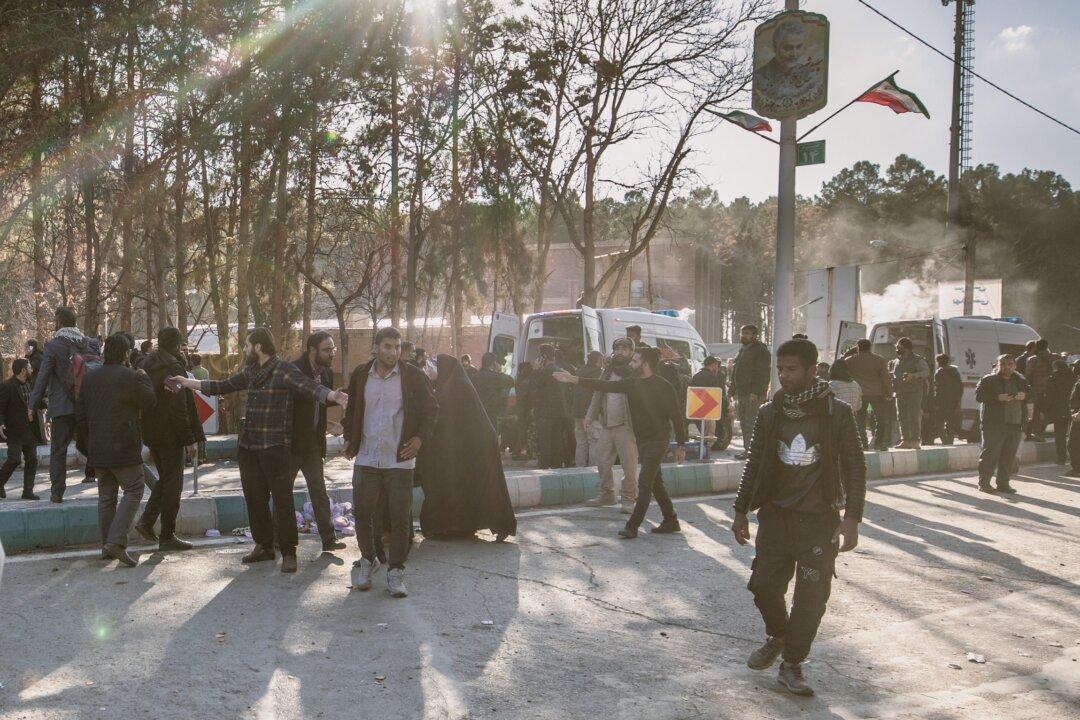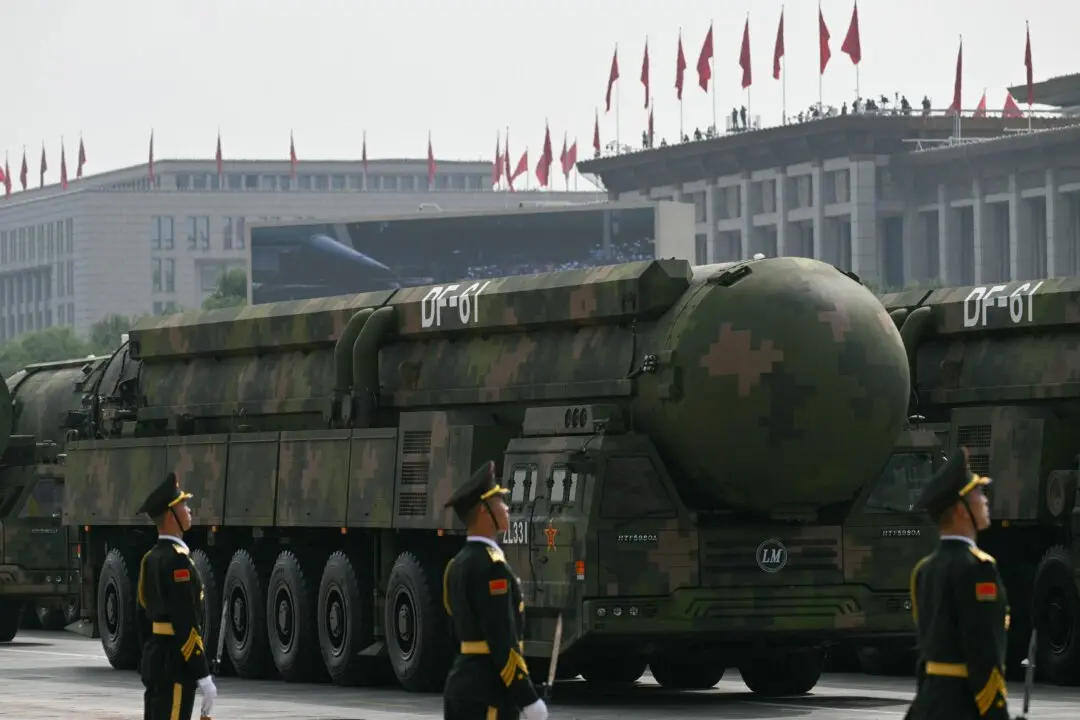The ISIS terrorist group has claimed responsibility for setting off a pair of blasts in the southeastern Iranian city of Kerman on Jan. 3, according to social media profiles associated with the internationally designated terrorist group.
In a post early on Jan. 4, the ISIS-affiliated Amaq News Agency stated that two ISIS fighters infiltrated crowds near the grave of the deceased Iranian commander Qassem Soleimani then set off their explosives about 20 minutes apart, killing and wounding hundreds.





